Former engineer, reader, patzer.
Saturday, Nov 15, 2:00-4:30pm, Room SDCC 6CF
www.abstractsonline.com/pp8/#!/21171...
We will explore how the PFC represents structured relationships across species and how this supports flexible behavior.

My PhD work on this question is out today in @pnas.org 🎉
Study done in collaboration with the incredible
@mirunarascu.bsky.social, @sorcha-hamilton.bsky.social, Ingrid Yu, and my two amazing supervisors, Matthew Rushworth and @mkflugge.bsky.social👇

My PhD work on this question is out today in @pnas.org 🎉
Study done in collaboration with the incredible
@mirunarascu.bsky.social, @sorcha-hamilton.bsky.social, Ingrid Yu, and my two amazing supervisors, Matthew Rushworth and @mkflugge.bsky.social👇
www.nature.com/articles/s41...

www.nature.com/articles/s41...

Using novel behavioral tasks, fMRI, RL & RNN modeling, and transcranial ultrasound stimulation (TUS), we demonstrate the causal role of hippocampus in relational structure learning.

rdcu.be/eAofi

rdcu.be/eAofi
🧠💫🔊 We are looking for postdocs interested in the abstract mechanisms underlying social cognition. Modelling, fMRI and non-invasive ultrasound, a new deep-brain stimulation method.
Please RT
www.ucl.ac.uk/work-at-ucl/...
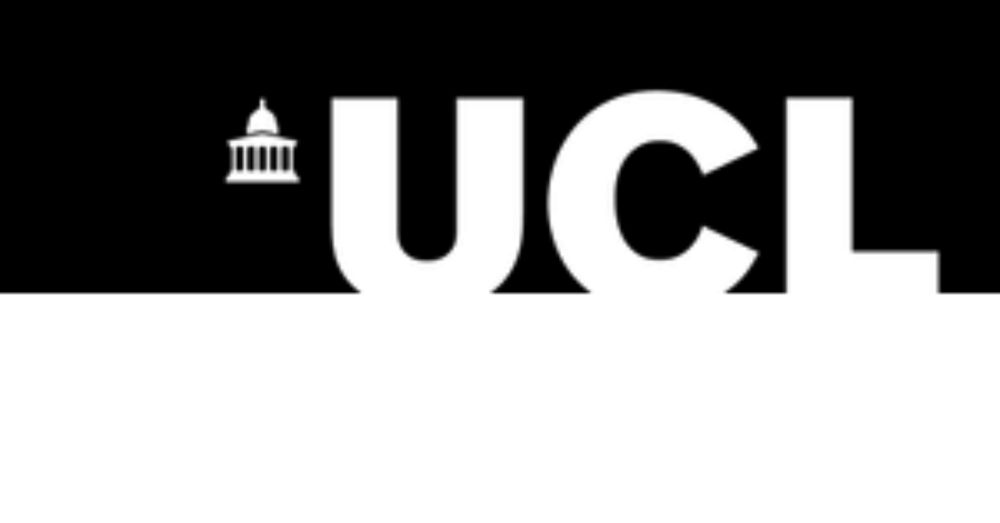
🧠💫🔊 We are looking for postdocs interested in the abstract mechanisms underlying social cognition. Modelling, fMRI and non-invasive ultrasound, a new deep-brain stimulation method.
Please RT
www.ucl.ac.uk/work-at-ucl/...

@lucasmolleman.bsky.social
www.nature.com/articles/s41...
people with eating disorder symptoms show a low-calorie food bias while those without show a high-calorie food bias... (1/3)
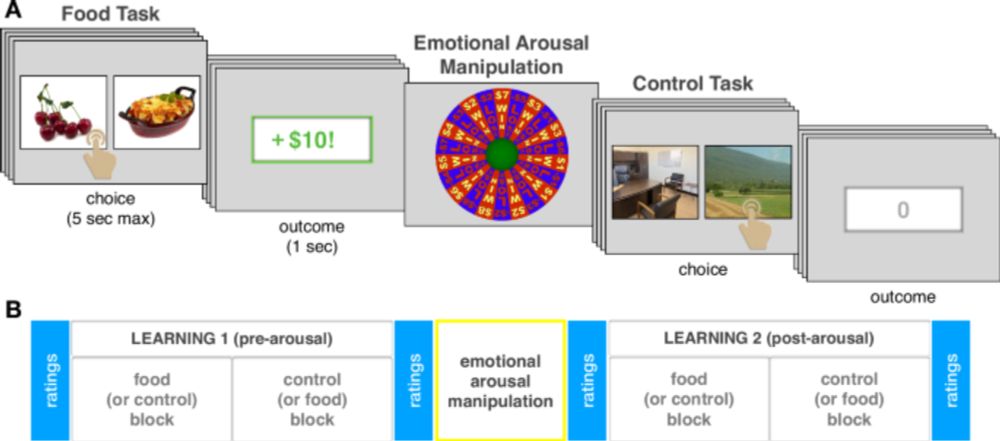
people with eating disorder symptoms show a low-calorie food bias while those without show a high-calorie food bias... (1/3)
Using functional neuroimaging and planning tasks.
If you’re keen to join us then apply!
We want to understand how the brain supports abstract cognition in psychosis, using cutting-edge neuroscience.
Non-Clinical RA:
lnkd.in/eva-Zzfj
Clinical RA:
lnkd.in/eSgdad_F
Postdoc:
lnkd.in/eid8gtbR
Oxford University
Due June 23
Using functional neuroimaging and planning tasks.
If you’re keen to join us then apply!
We tested whether behavioural and RL-based model parameters are test-retest reliable and predict mental health traits.
The result? Not really.
A cautionary tale for comp. psychiatry
doi.org/10.1038/s442...
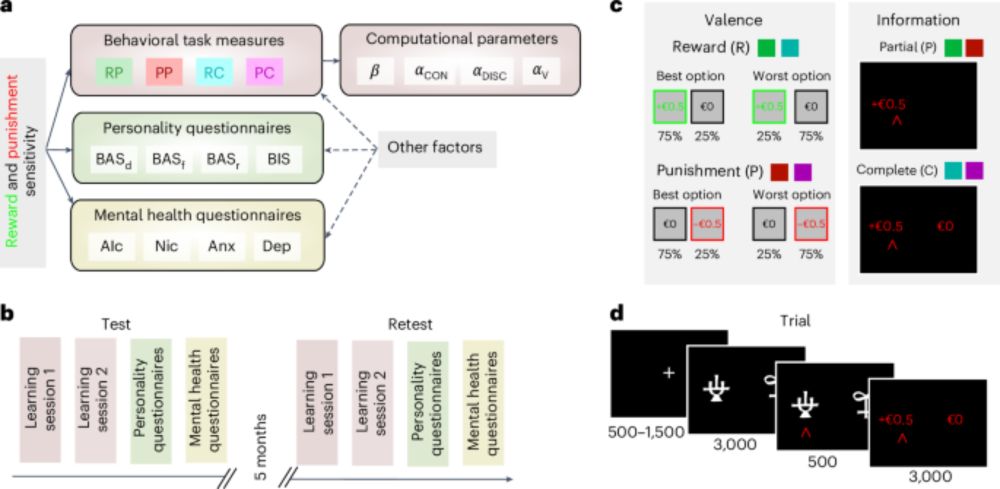
We tested whether behavioural and RL-based model parameters are test-retest reliable and predict mental health traits.
The result? Not really.
A cautionary tale for comp. psychiatry
doi.org/10.1038/s442...
Thrilled to share new research on teaching!
Work supervised by
@cocoscilab.bsky.social, @yaelniv.bsky.social, and @markkho.bsky.social.
This project asks:
When do people teach by mentalizing vs with heuristics? 1/3
osf.io/preprints/os...
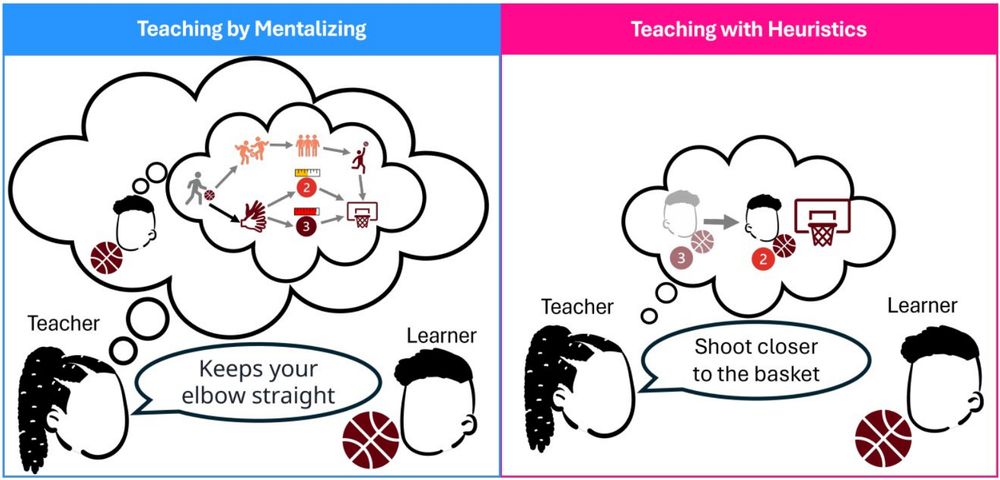
Thrilled to share new research on teaching!
Work supervised by
@cocoscilab.bsky.social, @yaelniv.bsky.social, and @markkho.bsky.social.
This project asks:
When do people teach by mentalizing vs with heuristics? 1/3
osf.io/preprints/os...
www.nature.com/articles/s41...
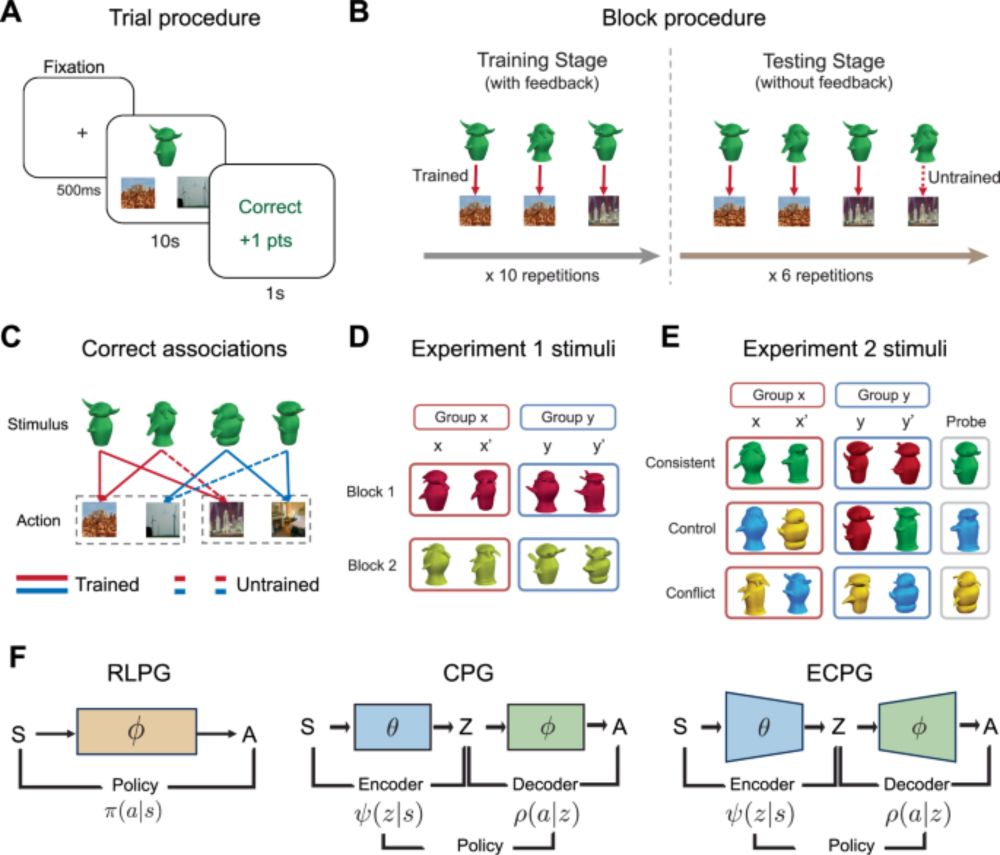
www.nature.com/articles/s41...
www.nature.com/articles/s41...

www.nature.com/articles/s41...
Ever wondered if rats and humans learn in the same way? 🐭🧑🔬
We tested this — and the answer is yes, at least when it comes to how we value rewards in context.
(with @shaunaparkes.bsky.social Lachlan Ferguson, Magdalena Soukupova)
🧵Thread 👇
1/
www.biorxiv.org/content/10.1...

Ever wondered if rats and humans learn in the same way? 🐭🧑🔬
We tested this — and the answer is yes, at least when it comes to how we value rewards in context.
(with @shaunaparkes.bsky.social Lachlan Ferguson, Magdalena Soukupova)
🧵Thread 👇
1/
www.biorxiv.org/content/10.1...
You can find full details and apply via the link below:
www.jobs.ac.uk/job/DMN515/r...
Please feel free to share this with anyone who might be interested!
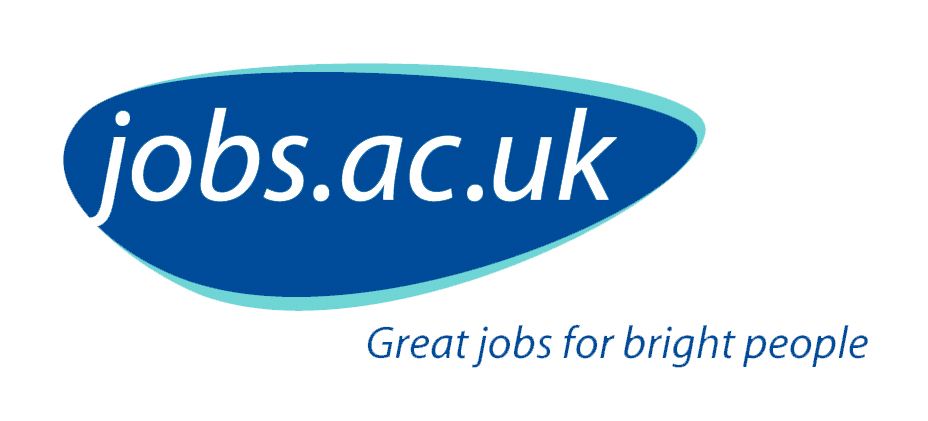
www.pnas.org/doi/10.1073/...

www.pnas.org/doi/10.1073/...
The model can explain many of the successes and failures of mindreading in human adults and children, and non-human primates. 🧵


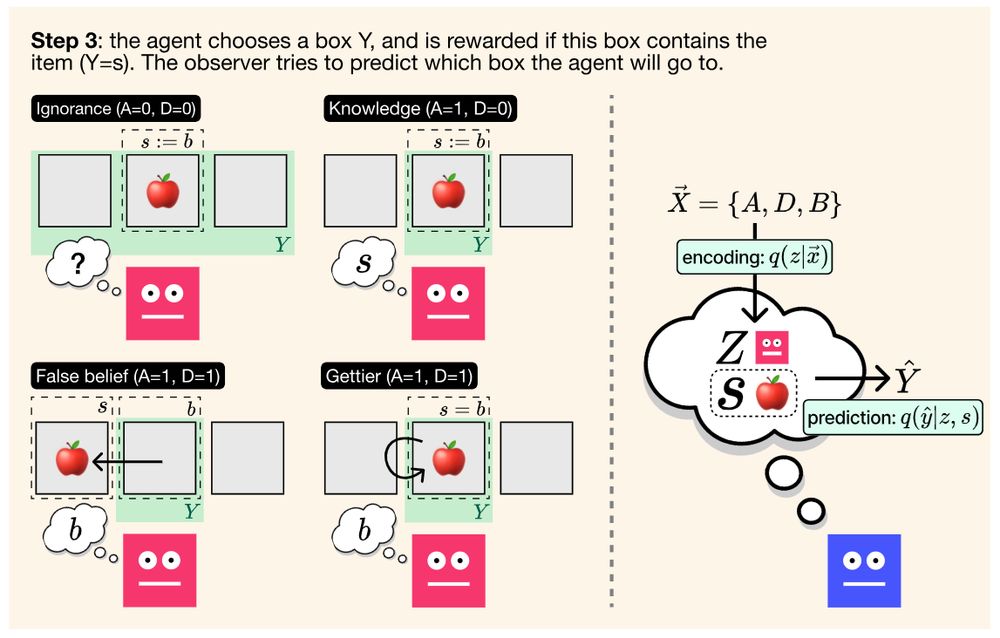

The model can explain many of the successes and failures of mindreading in human adults and children, and non-human primates. 🧵
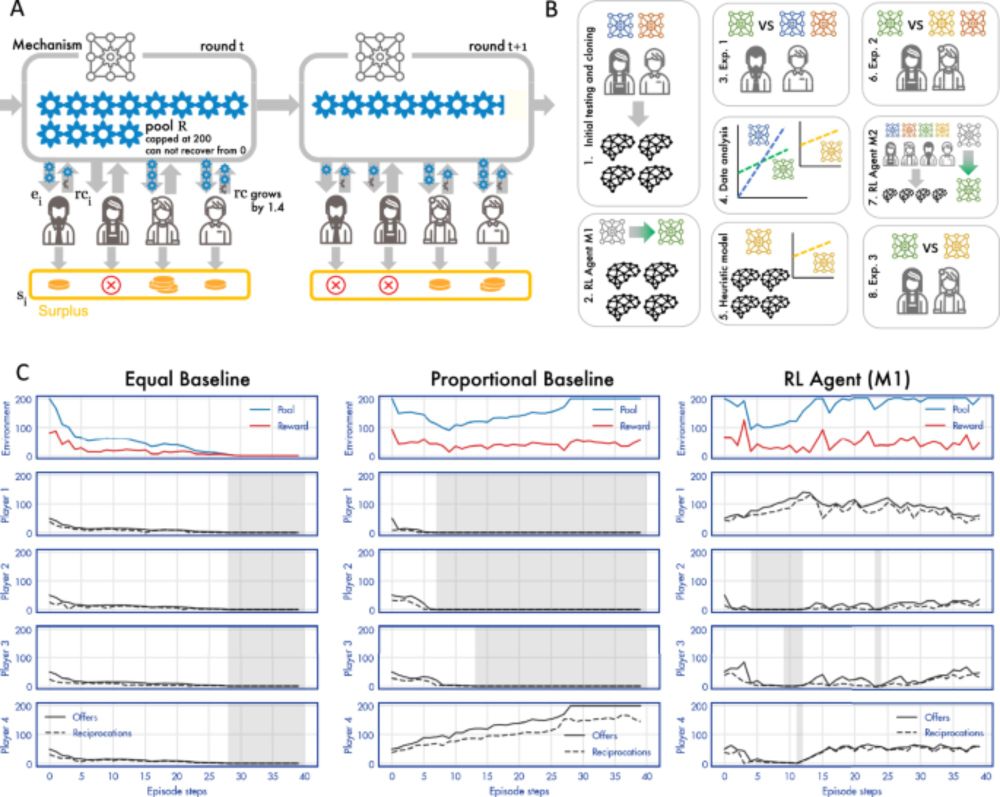
Out in @commspsychol.bsky.social: "Manipulating attention facilitates cooperation" with Claire Lugrin and @ccruff.bsky.social
We use gaze data and display manipulations in one-shot Prisoner's Dilemma games and find that these manipulations can drive choices through attention 👇
www.nature.com/articles/s44...

Out in @commspsychol.bsky.social: "Manipulating attention facilitates cooperation" with Claire Lugrin and @ccruff.bsky.social
We use gaze data and display manipulations in one-shot Prisoner's Dilemma games and find that these manipulations can drive choices through attention 👇

